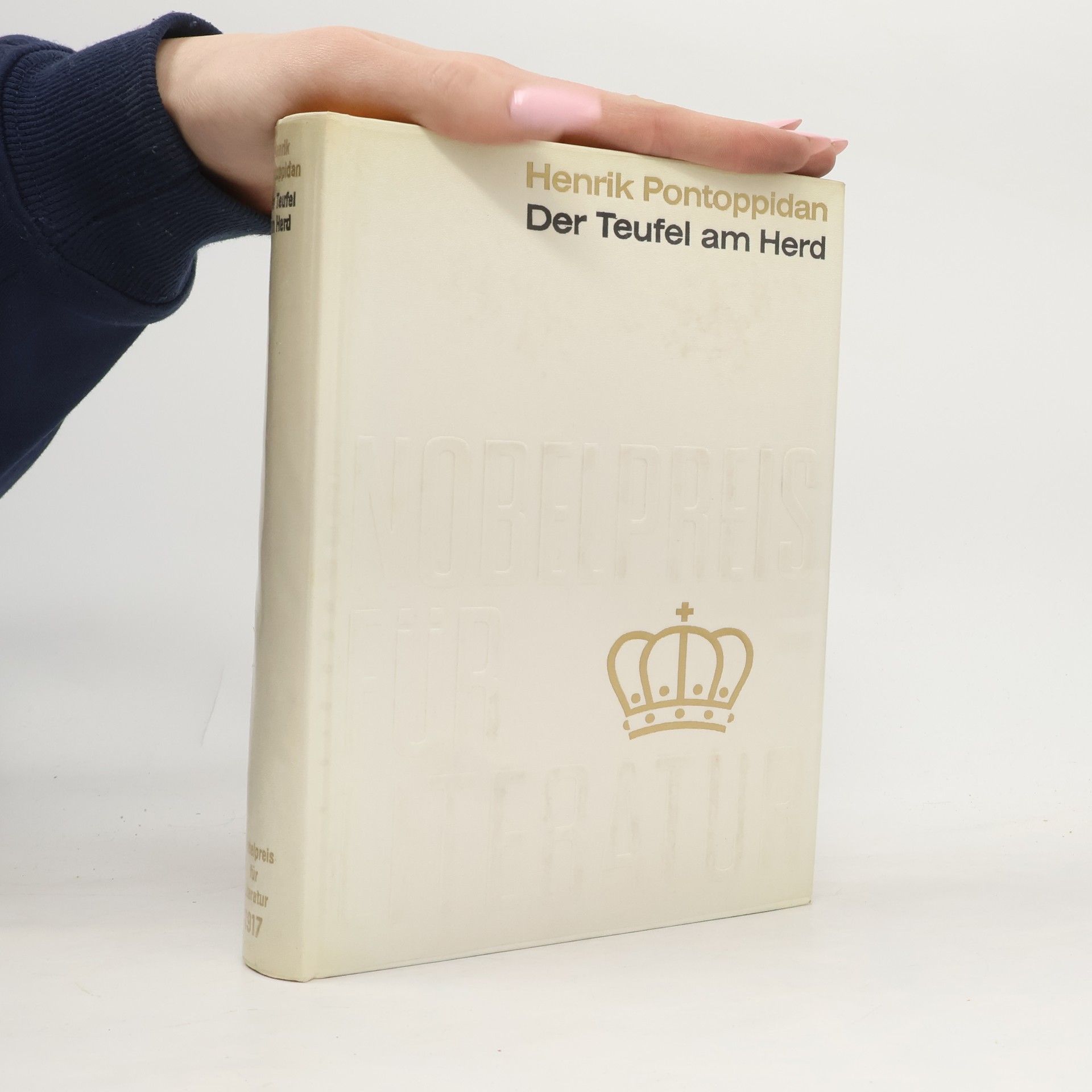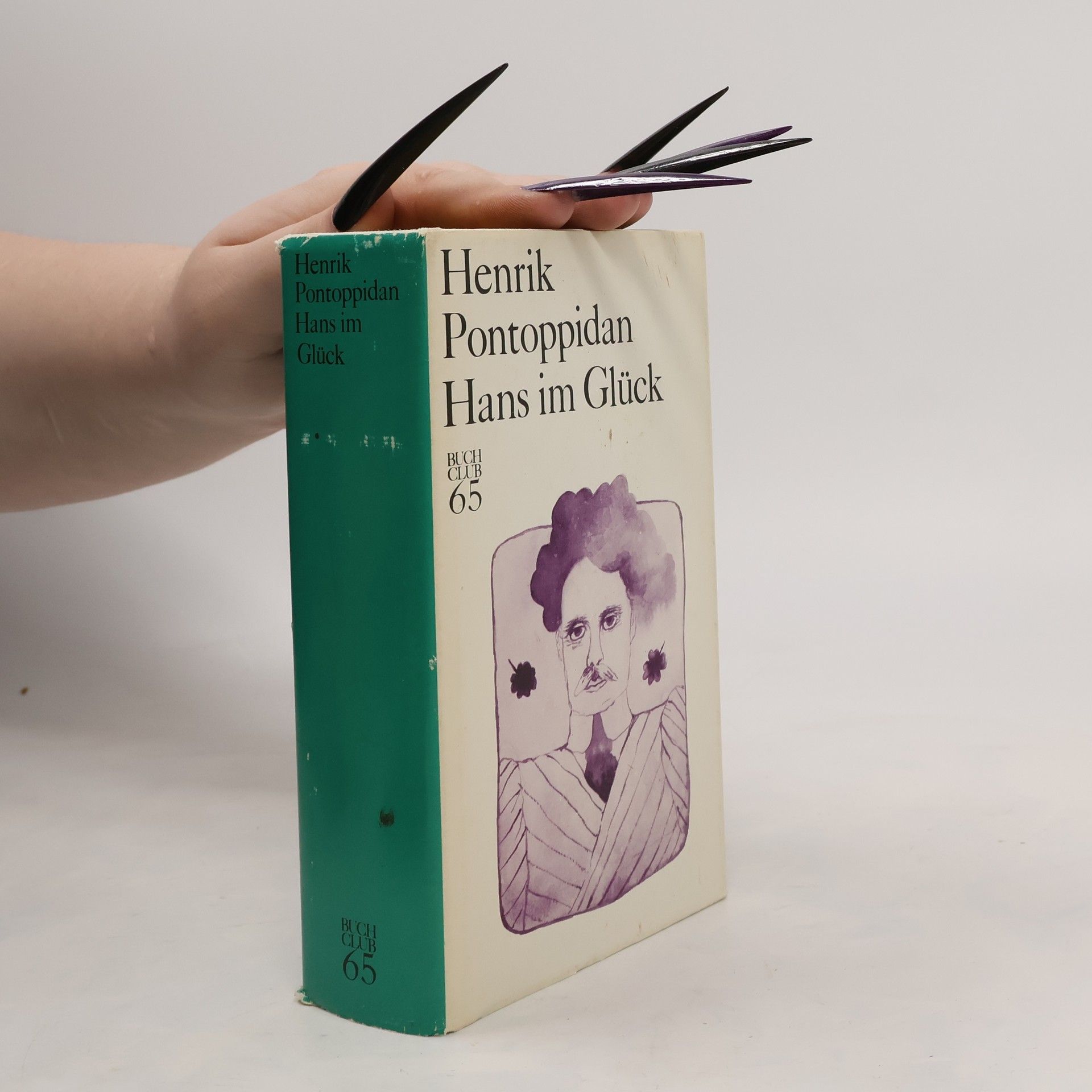Kaum ein Tag ohne Spektakel
Erzählungen und Feuilletons
Zum 80. Todestag des dänischen Nobelpreisträgers von 1917 Henrik Pontoppidan: seine ironischen Erzählungen und Reisereportagen. Es ist höchste Zeit, mit Henrik Pontoppidan einen hierzulande fast vergessenen Klassiker der Moderne (wieder) zu entdecken. Der Band »Kaum ein Tag ohne Spektakel« versammelt zwölf Erzählungen und acht Feuilletons, die die thematische Bandbreite und die stilistische Spannweite dieses bedeutendsten Vertreters des dänischen Realismus abbilden. Es sind Geschichten, Kritiken, Kolumnen und Reportagen, die sich in einem Spannungsfeld zwischen Romantik und Modernität bewegen. Pontoppidan erzählt vom Leben auf dem Land und in der Großstadt Kopenhagen ebenso wie vom Zusammenstoß dieser beiden Lebenswelten. Er schreibt über existenzielle Krisen, politische Gegensätze und Randexistenzen, aber er liefert auch großartige Reisereportagen - unter anderem aus dem kaiserlichen Berlin - und befasst sich ausgesprochen ironisch mit ganz alltäglichen Dingen wie dem Zustand der dänischen Gaststätten, Hotels und Gasthöfe.







